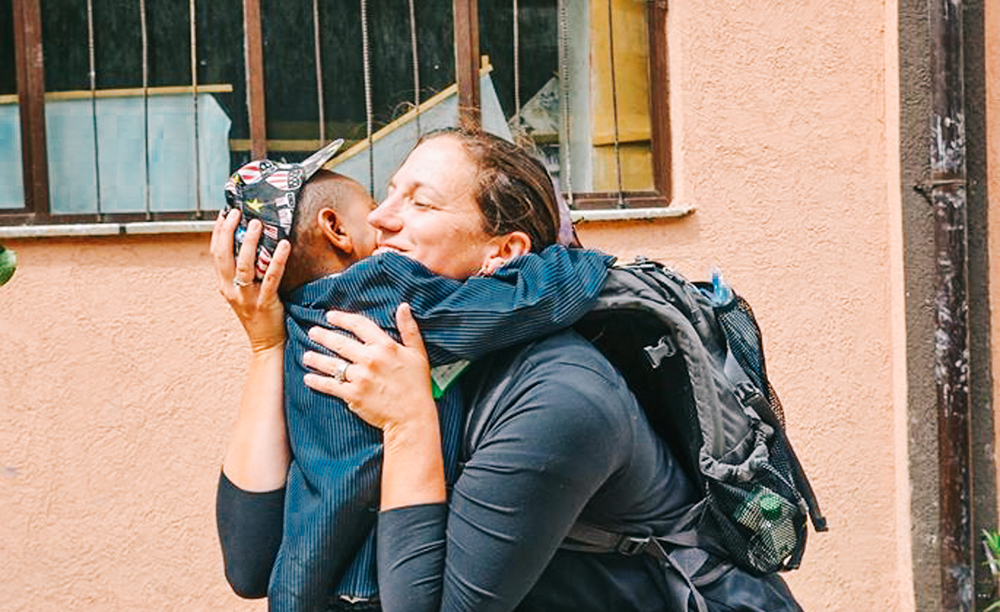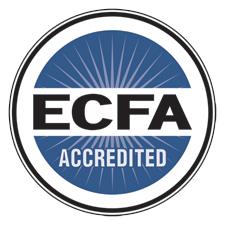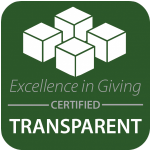I used to be tremendously burdened by the weight of injustices plaguing our global world: oppressive governments, sex trafficking, child labor, civil wars, endless refugees, racial divides, and the list continues. Now I find myself pondering how these realities may be exacerbated during global pandemics. Somehow, I believe this is all a part of God’s story, but I also know we are a people called to truly be “all in this together.”
Prevention is a hard sell most of the time. We may be convinced to hunker down in our homes on quarantine for a period of time in order to prevent disease from spreading. But when the impact isn’t real and raw and in our faces each day, the novelty wears off and we become restless and weary. We can share magnificent stories of people escaping death from unseen viruses and rescuing girls from dens of slavery. It is more difficult to share the stories with you that did not happen because of quality prevention.
I am a social worker, desiring social progress and a greater abundance of grace in our world. I became interested and invested in HopeChest as an adoptive parent. I am sold out to Christ’s work through HopeChest because I believe in a greater solution. I have seen how community partnerships living “all in this together” have changed lives and prevented trauma. I have also seen how, without preventative community support, individuals can experience deep pain. I have four boys, some biological and some adopted (both domestic and international). I am not known for being proper or fancy, maybe a little feisty.
While there is a magnificent story about how our family came to adopt a young boy from Ethiopia, my journey to HopeChest is one story among many, of where this young boy has delivered me. I have learned some lessons along the path of this adventure we call parenthood that have stretched me and taught me lessons I didn’t know I needed to learn. I am forever changed and grateful for the places he has taken my heart.
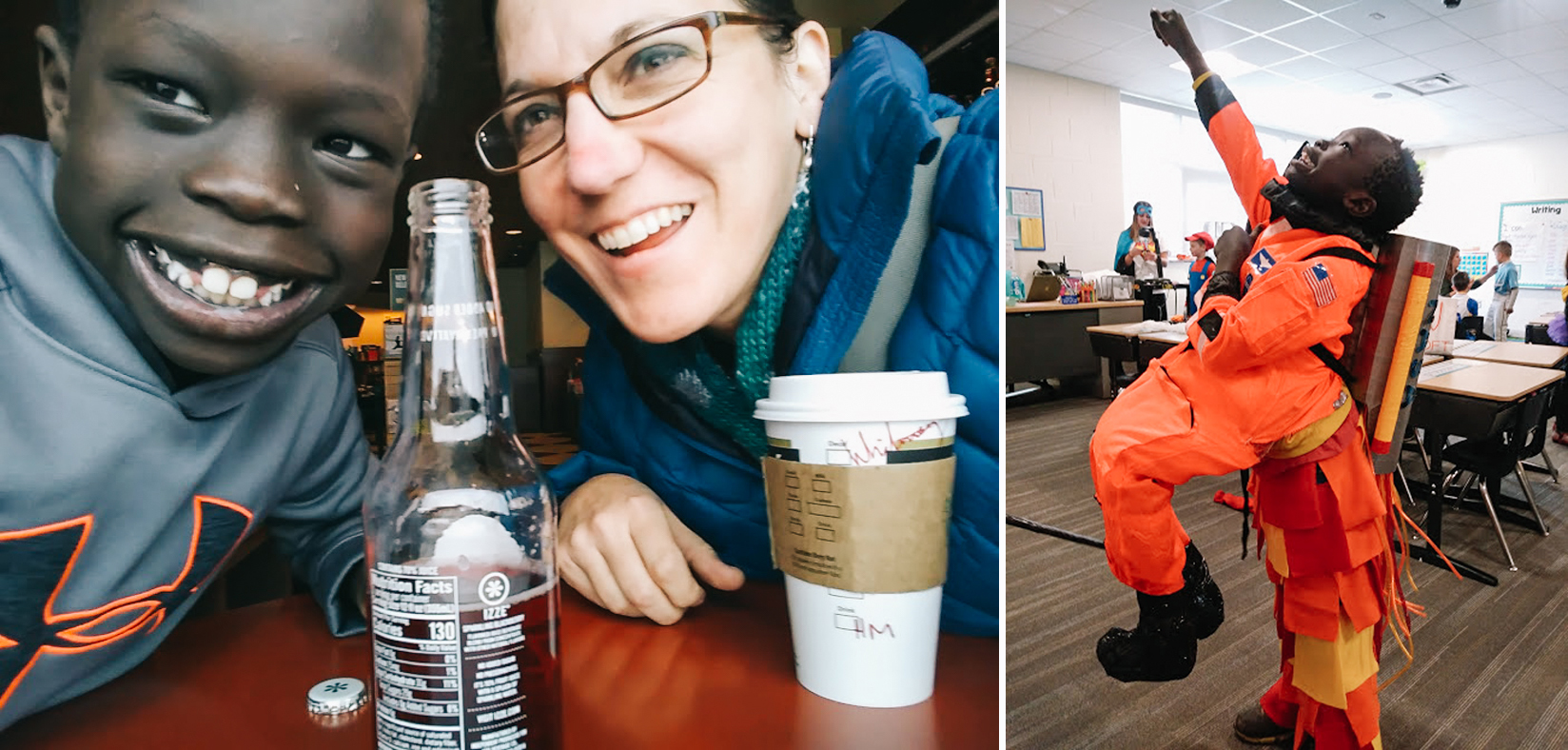
Seven years ago I got a call from our adoption agency asking for help exploring ways to engage adoptive families in their child’s birth country. They had been overwhelmed with calls about how to stay connected and to offer support after seeing realities firsthand. My friend Sue and I pored over dozens of organizations where we might help facilitate some engagement for families. Ultimately, we chose HopeChest because of the values for dignity, healthy engagement through development, and the belief that the best way to care for an orphan or any vulnerable person is to have a healthy community that can wrap around them.
My son had experienced every kind of loss imaginable before we met him in Ethiopia, creating trauma that is deeply rooted. Now I realize I inadvertently added to that trauma by taking him away from the only things he had left: the sights, the sounds, the tastes, smells, and touches of his culture. This inventive, creative and endearing little stinker has an amazing capacity to love, learn, and grow. He himself is an asset to the world. He is an asset to my own life, and I am certain his creativity and inventiveness would have been an asset to his country as well.
Today there is a little girl living in Ethiopia named Hiwot whom our family supports through our community partnership at HopeChest. As these partnerships empower dignified futures in the developing world, I have seen first-hand transformation in communities that are otherwise ripe for injustices. Hiwot was left vulnerable and alone, then adopted into her neighborhood family when she was young. Her community was healthy enough to continue to care for her during hard times, and I can tangibly see a story of prevention — preventing trafficking, abandonment, starvation, abuse, street work, and other harsh vulnerabilities that turn into additional trauma.
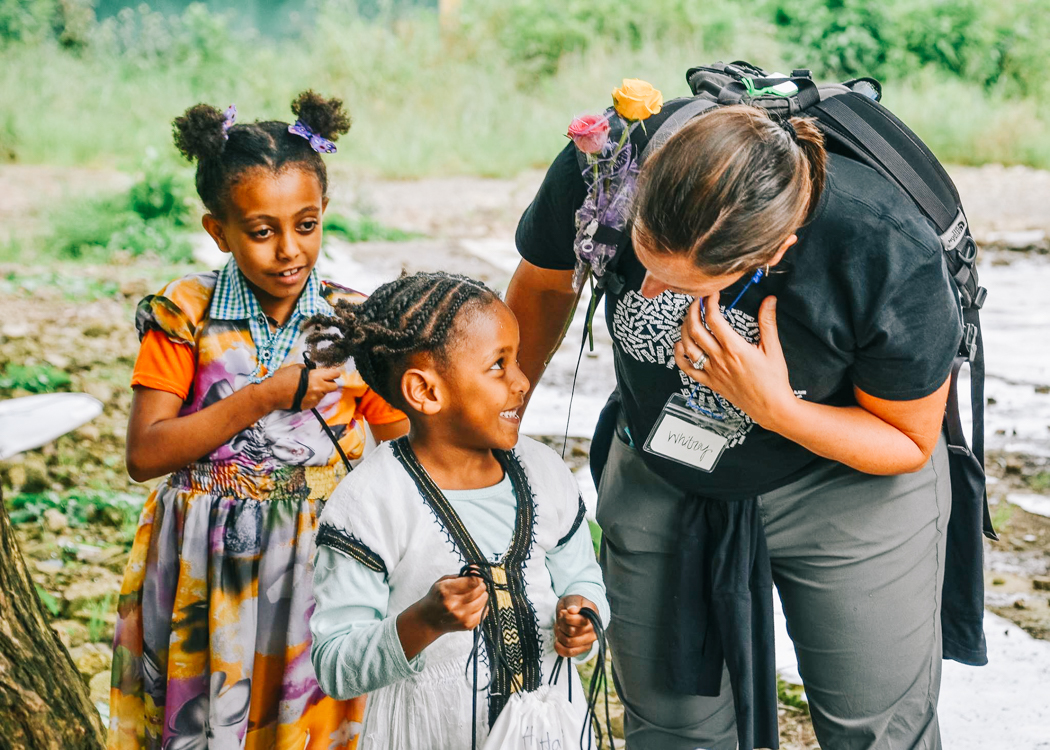
With a HopeChest partnership in Hiwot’s community, the local leaders of her community and country had risen up, created, and implemented a healthy plan of development that grew to a point where they could care for their vulnerable people. While my son’s community intended him no harm, there simply were not enough resources to care for him. They were forced to make a decision to love him by sending him away, but Hiwot’s community had the opportunity to love her and care for her. They could give her both, and that is dignity.
“Dignity” is why I still work with HopeChest as a licensed social worker. I get to teach others a healthy way to engage in relationships that create empowerment over dependency. I get to invite others into partnerships that offer hope and healing over despair and vulnerability. I get to engage in community planning and empower locals to utilize their own assets for success. I get to see others connect, grow and develop as an individual and as a part of a community. It is preventative justice, and HopeChest partnerships facilitate my deep desire to not just face global pandemic as “all in this together” but for us to live with hearts that are ALL IN, as we are in this together.
______________________________________________________________________
This is my story. I want to know how your story is leading you to team up against poverty.

